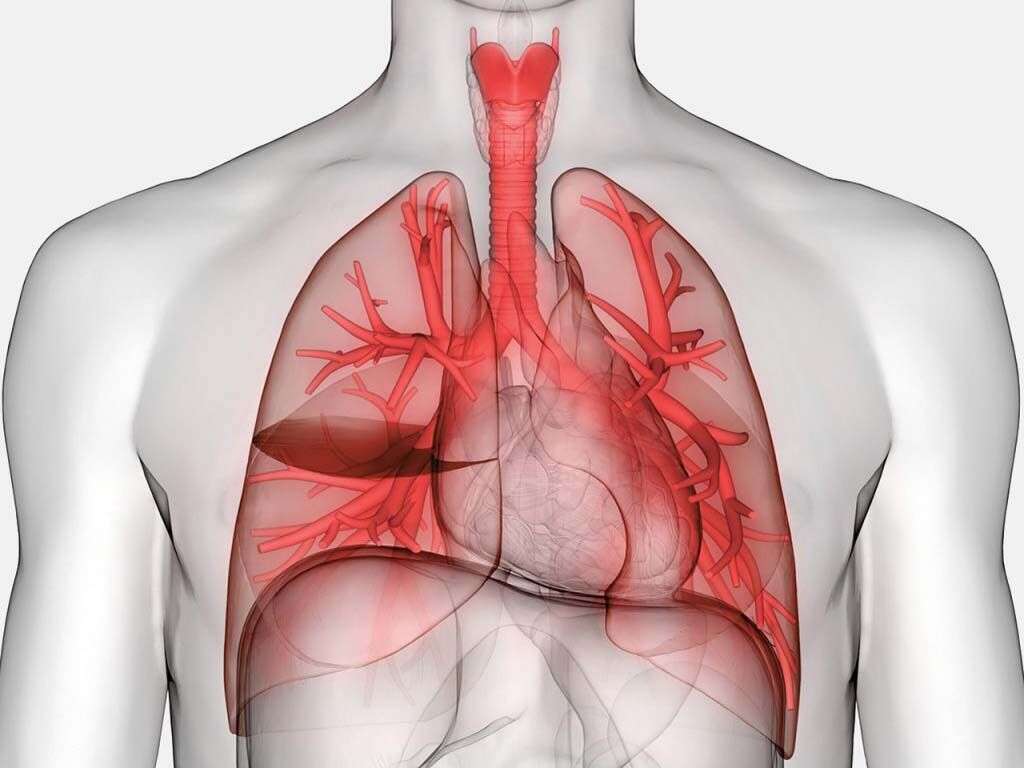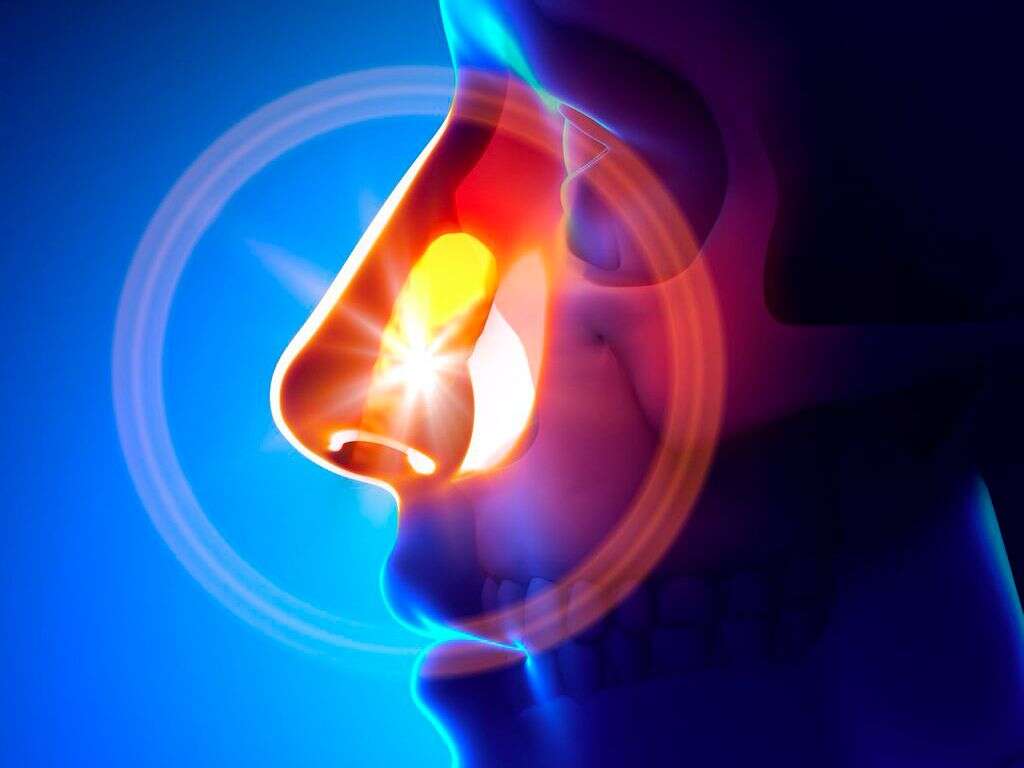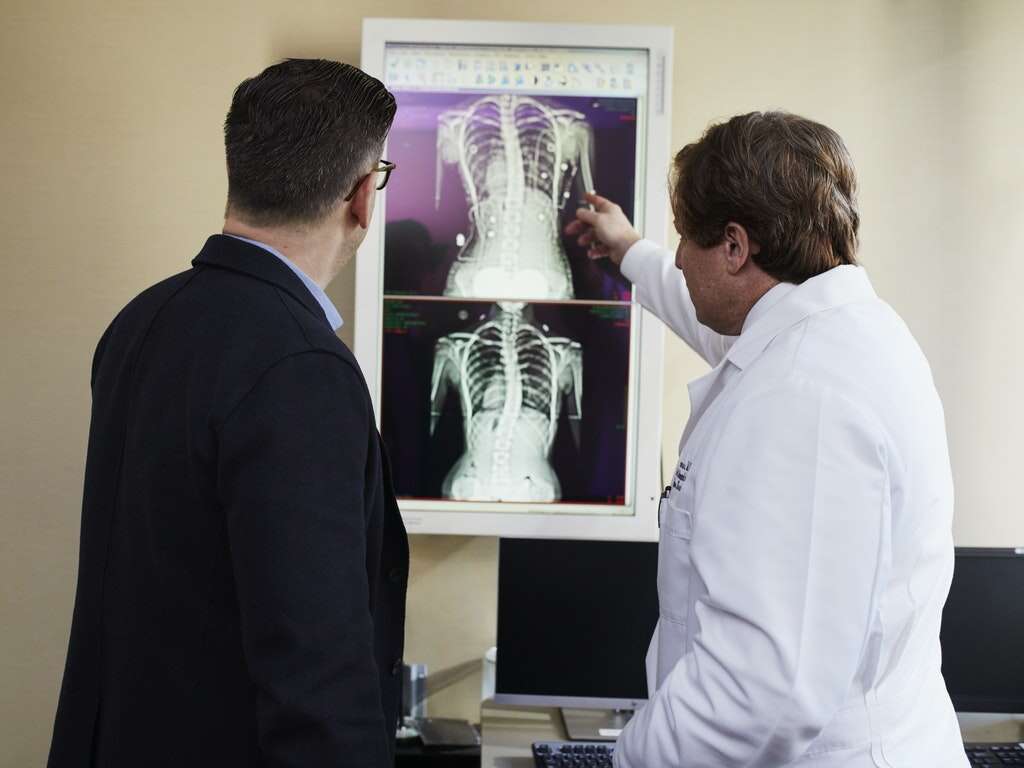10 Causes of Fluid In The Lungs
Fluid accumulation in the lungs is medically termed as pulmonary edema or pleural effusion. Normally, the human lungs contain fluid for lubrication of their membranes. However, in excessive amounts, the lungs can start to swell and deteriorate, causing a poor distribution of oxygen in the body which can be a trigger for other comorbidities.
There are many causes of fluid buildup in the lungs. Usually, it’s a side effect of an underlying medical condition. Swelling of the lungs is caused by too much pressure on the blood vessels or not enough binding proteins in the blood, making fluids leak into the lungs’ tiny air sac units called alveoli. When excess fluid leaks out of the blood vessels and into the alveoli, this causes the swelling called edema.
Cause #1: Pneumonia
Pneumonia is an infection of one or both lungs that can be caused by bacteria, virus, or fungus which the immune system couldn’t fight off. This type of infection inflames the alveoli due to a buildup of fluid or pus. Pneumonia can be caused by chronic disease, history of smoking, a weak immune system, or it can be acquired in the hospital (hospital/healthcare-acquired pneumonia). Fluid in the lungs due to pneumonia can cause difficulty in breathing, coughing up phlegm, pain in the chest, and signs of infection such as fever and chills.
Cause #2: Congestive Heart Failure
Congestive heart failure (CHF) is a cardiovascular disease characterized by the inefficient pumping of the heart. Fluid in the lungs due to CHF can be caused by a myocardial infarction (heart attack), hypertension (high blood pressure), or narrowed heart valves. When blood cannot flow through the body properly, it may return to the pulmonary veins which take blood through the lungs. The high pressure of the blood vessels causes the fluid to go to the alveoli.
What happens then is shortness of breath, wheezing, and edema in other parts of the body. In patients with CHF, accumulation of the fluid in the lungs should be closely monitored as this could cause further strain on the heart.
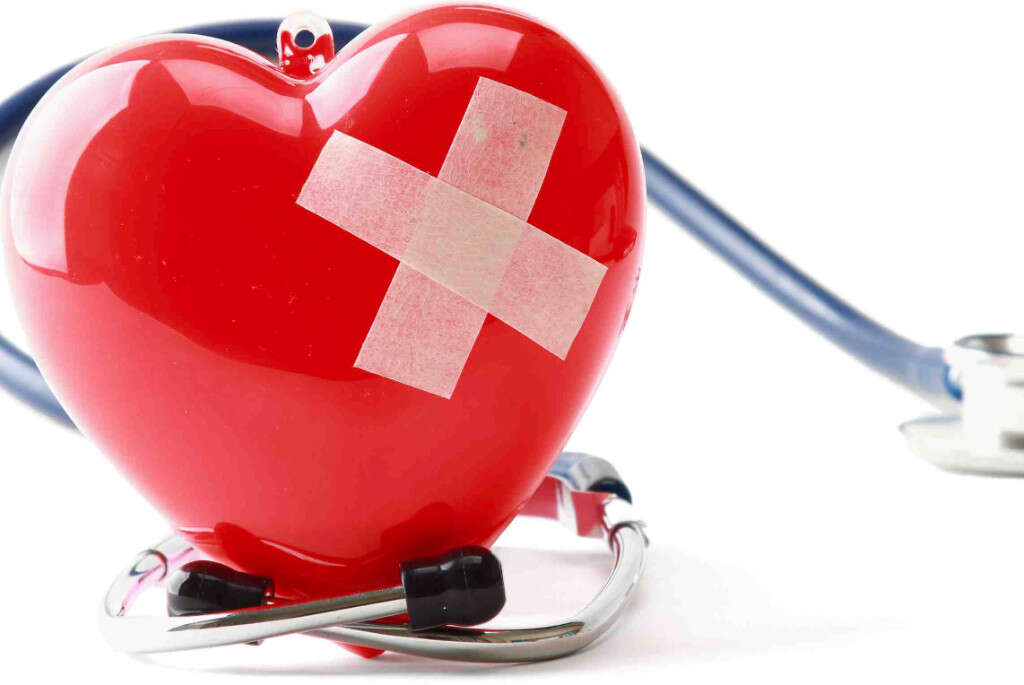
Cause #3: Kidney Disease
The kidneys’ main function is to filter fluid and blood in the body so that toxins and waste materials are excreted. When the kidneys’ function is impaired or completely damaged, as in the case of chronic kidney disease, the fluid that they are supposed to filter can end up in the lungs. Fluid in the lungs combined with kidney disease is a very serious condition. Patients with these comorbidities may require dialysis (and ideally a complementary dietary management plan) to remove and filter out excess fluid from the lungs.
Moreover, the pulmonary function of patients with end-stage renal disease (ESRD) should regularly be analyzed, as fluid overload is commonly found in ESRD patients.
Cause #4: Brain Damage
Neurogenic pulmonary edema (NPE) occurs after an incident of brain damage or an injury to the central nervous system. Similar to other causes of edema, neurogenic pulmonary edema is characterized by an increase in fluid in the alveoli. It can also be considered as a type of acute respiratory distress syndrome or ARDS.
NPE typically occurs very rapidly after an insult to the central nervous system like a hemorrhage or brain trauma. It manifests by means of a rapid heartbeat, difficulty or abnormally rapid breathing, and chest pain which can lead to more serious and life-threatening symptoms. With that being said, all forms of ARDS should be treated immediately to prevent permanent neurological and respiratory complications.
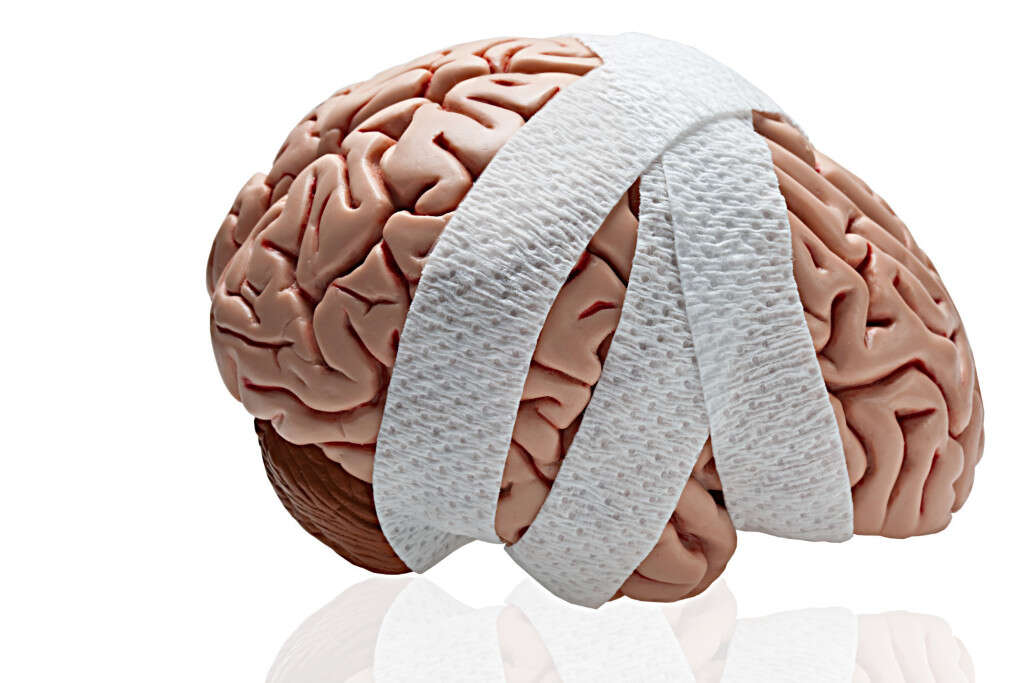
Cause #5: Re-Expansion of a Collapsed Lung
In cases of pneumothorax, otherwise known as a collapsed lung, patients can develop pulmonary edema or fluid in the lungs secondary to a rapid re-expansion. Rapid lung re-expansion happens more commonly in patients with large pneumothoraces, patients who had the pneumothorax for more than a week, and those who have had more than three liters of pleural fluid drained from their lungs.
The quickly expanding lung can cause fluid to drain into the alveoli because of damaged blood vessels as a result of the collapsed lung. This complication can lead to severe comorbidities and death. Thus, patients with a pneumothorax need immediate medical attention to prevent accumulation of fluid in the lungs.
Cause #6: Coronary Artery Disease
Aside from congestive heart failure, another type of cardiogenic pulmonary edema is caused by coronary artery disease (CAD). CAD occurs when there is an excessive accumulation of plaque (fatty deposits) in the arteries. This can result in a blockage or narrowing of the arteries, thus limiting the flow of blood to the heart.
Similar to congestive heart failure, blood can back up in the lungs which causes the leaking of fluid into the alveoli. Oftentimes, CAD can also be the cause of myocardial infarctions or heart attacks. In cases like this, a proper management system for heart disease needs to be employed, both medical and dietary.
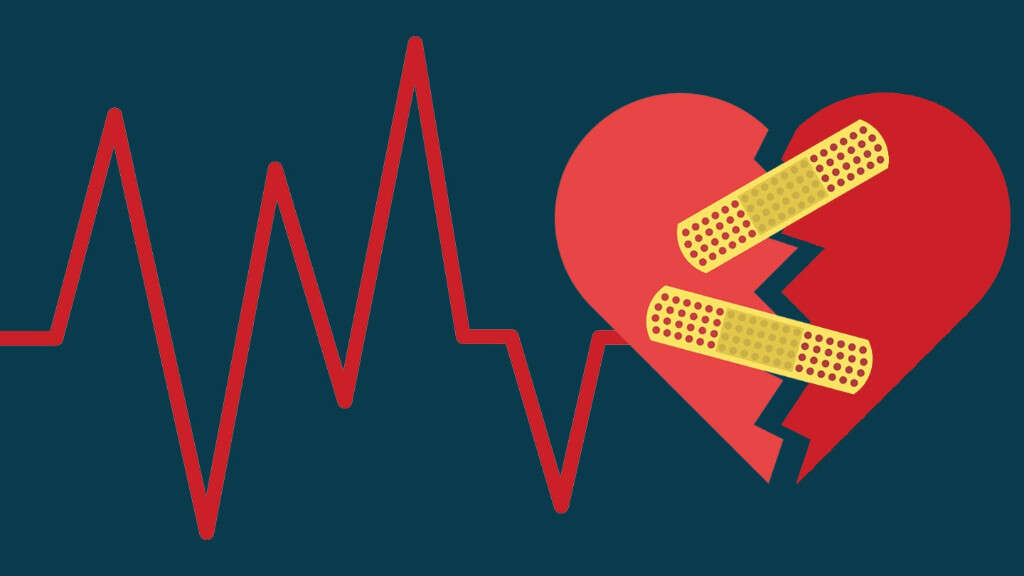
Cause #7: High Altitudes
When a person climbs to places with high altitudes, they can develop what is called high altitude pulmonary edema (HAPE). HAPE can occur at altitudes of about 8,000-10,000 feet above sea level. Climbers or hikers that have not become acclimated before climbing such a height can have a fluid leak into their lungs due to impaired flow of blood.
This is a life-threatening type of pulmonary edema that can manifest through chest pain, coughing or wheezing, and shortness of breath – a difficult situation to handle especially at extreme heights with no source of emergency medical attention.
Cause #8: Sepsis
Sepsis is a possible life-threatening complication caused by a blood infection. The condition is characterized by high body temperature, fast heart rate, and rapid respiratory rate. Patients who are critically ill who have also developed sepsis can have a concurrent case of fluid in the lungs.
Fluid leaks into the air sacs of the lungs due to the immune response to sepsis. During this condition, an anti-inflammatory reaction causes white blood cells to attack the lungs. Consequently, patients with sepsis need urgent care as they can develop numerous other complications if not treated immediately.
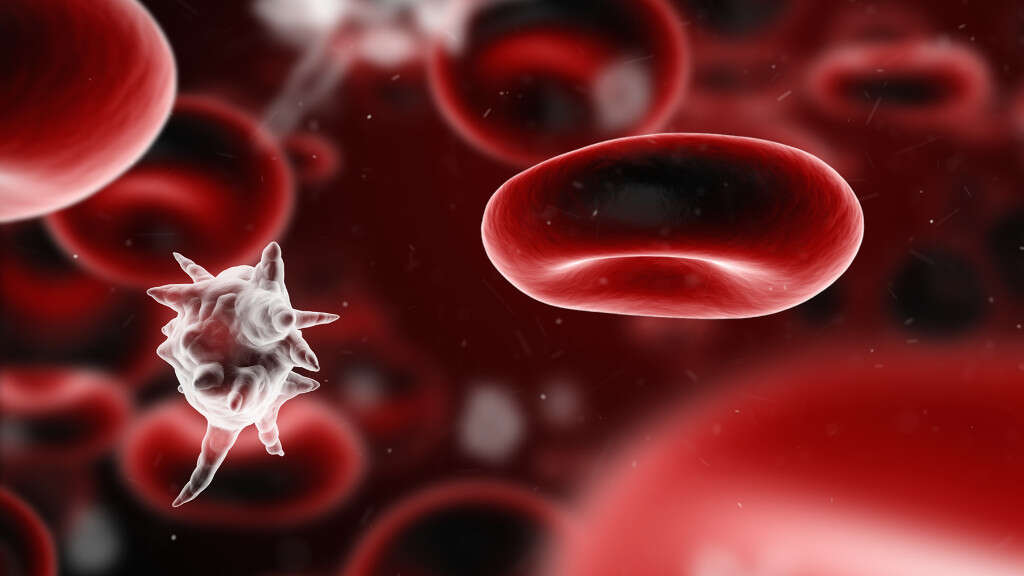
Cause #9: Drug Overdose
The use of illicit drugs can trigger the occurrence of pulmonary edema, especially when used in excessive amounts. The fatality of heroin or cocaine overdose is largely due to the lungs filling up with fluid, an effect of damage to the alveoli.
Pulmonary edema secondary to drug abuse can either be acute or chronic, and commonly occurs with long-term use of heroin, cocaine, or marijuana (smoked).
Cause #10: Near-Drowning
In cases of near-drowning, wherein there is inhalation of either freshwater or saltwater into the lungs, there are subsequent damages and ventilation-perfusion mismatching in the respiratory system. However, it has been found out that the pulmonary edema caused by near drowning is neurogenic, which is damage to the brain that occurs with lack of oxygen in the body during an episode of drowning. This infers that people who have nearly drowned need to be checked for injuries to the central nervous system, especially the brain which runs out of oxygen during drowning.
Conclusion
Fluid in the lungs is a respiratory condition often seen in patients with underlying comorbidities. This article describes some of the most common causes of fluid buildup in the lungs, otherwise known as pulmonary edema or pleural effusion. In all cases, however, immediate medical attention is always needed to prevent permanent damage to the lungs and other parts of the body.





